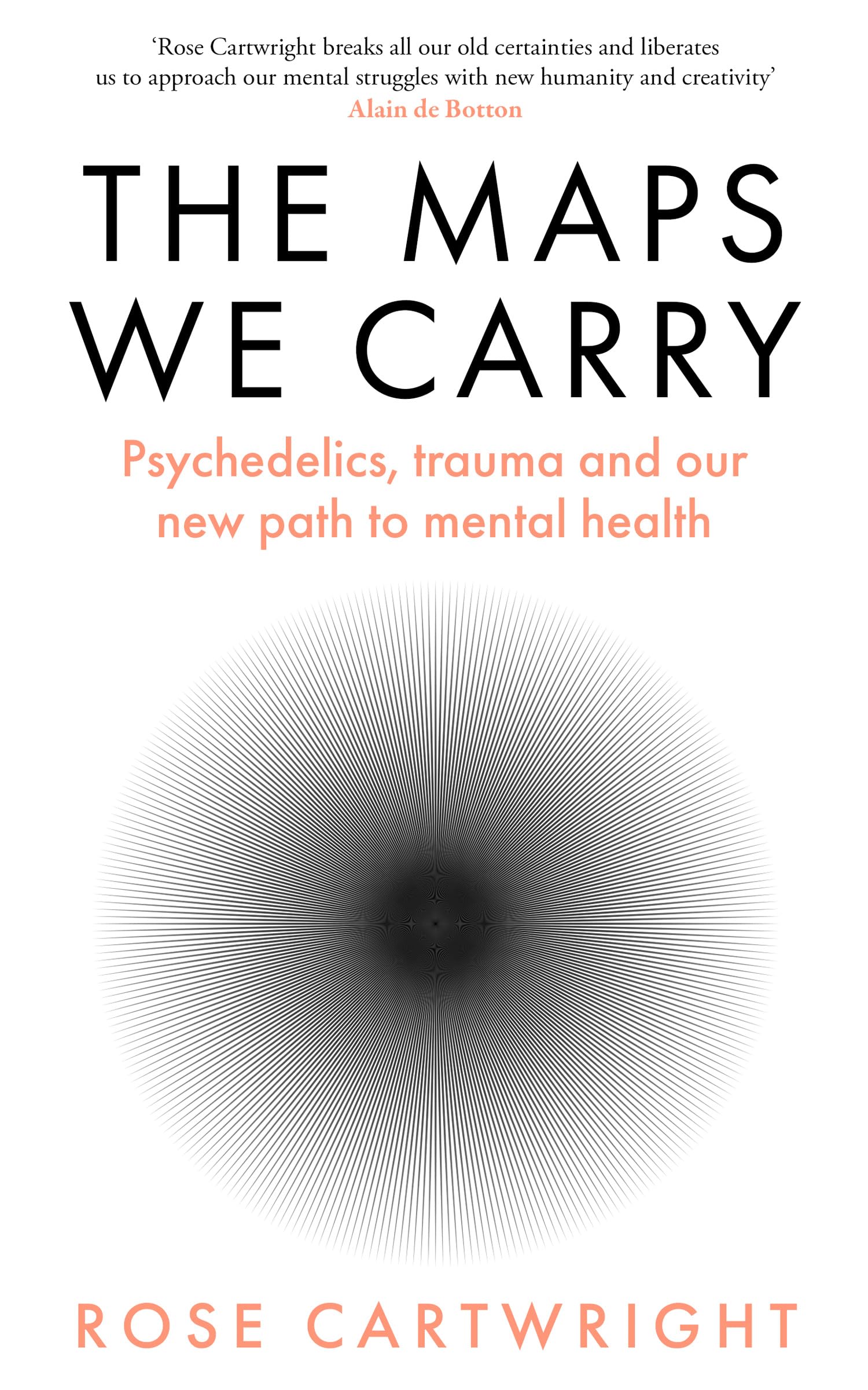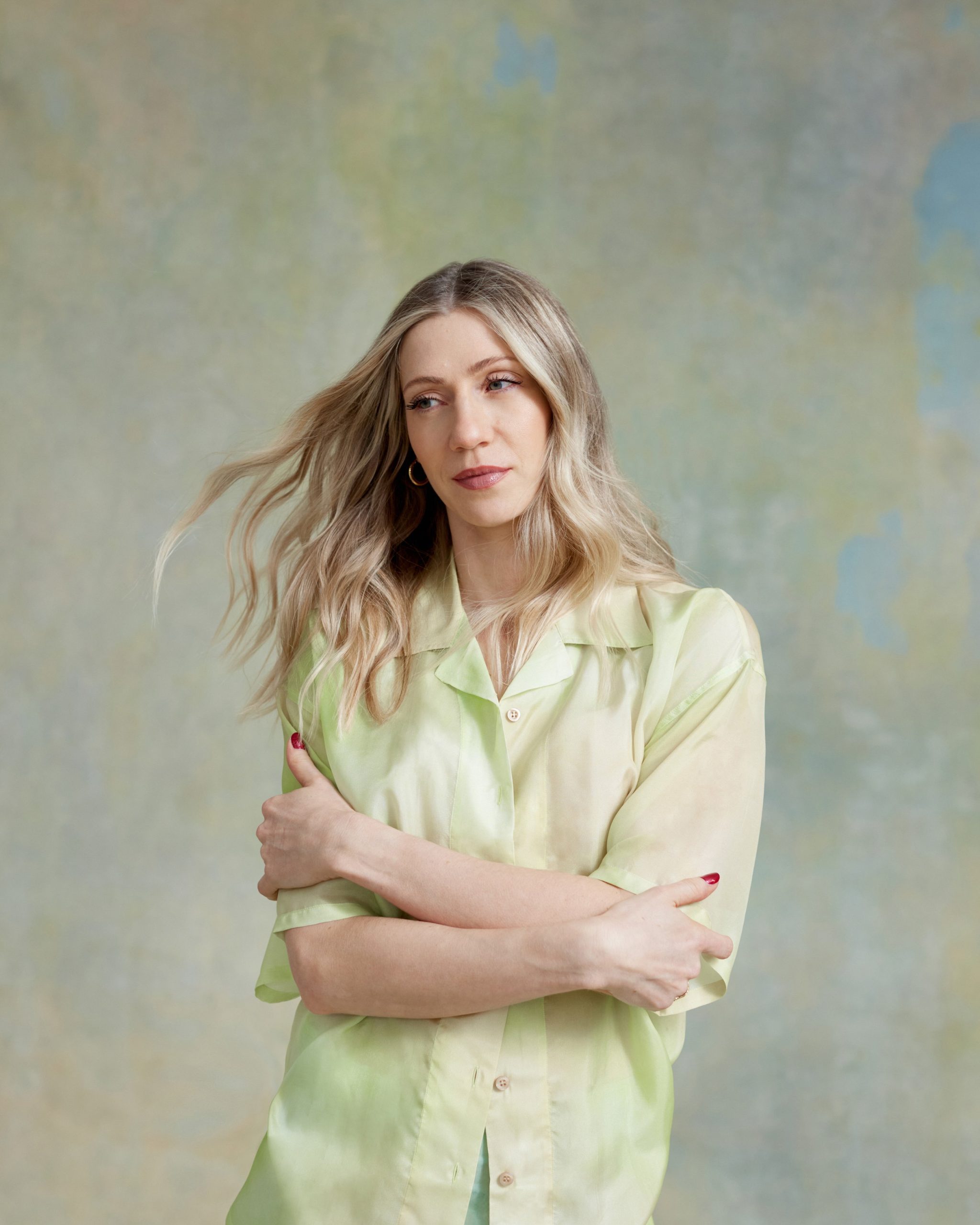Books & Podcasts
MAY 2025
Screenshot
“What we have no words for, we cannot understand. It does not fit into our view of what is real. And if we stumble upon it . . . we may be taken by surprise and frightened. On the unknown places of their maps, the ancient cartographers wrote, ‘here there be dragons’.”
– Jack Kornfield, Buddhist teacher
In The Maps We Carry, Rose Cartwright invites us into a deeply personal exploration of mental health, trauma and transformation. Best known for her earlier work Pure, which exposed the inner reality of living with OCD, this new book goes further challenging how we define mental illness and how we choose to heal.
What starts as a memoir quickly evolves into something more universal. Rose shares how traditional psychiatric approaches left her feeling stuck, misunderstood and over-medicated. Her healing began not through clinical labels, but through practices that reconnect body and spirit… meditation, somatic work, psychedelics, and above all, storytelling.

One of the book’s central ideas is that our mental struggles are not just disorders, but meaningful signals * maps, even * pointing toward unresolved pain, unmet needs or disconnection. With the right tools and support, these maps can guide us back to wholeness.
I’m currently reading The Maps We Carry in preparation for an upcoming panel at SXSW London next week, where I’ll be interviewing Rose Cartwright alongside Professor David Nutt. The session, titled “The Future of Mental Health and Psychedelics,” will explore many of the themes Rose writes about including how we can reimagine care, consciousness and community in a rapidly changing world.

Rose Cartwright
This book isn’t just for those navigating mental health challenges but is for anyone curious about how we become who we are, and how we might begin to reclaim that story. What makes this author and book so compelling is the honesty.
Rose doesn’t pretend healing is neat or linear. She writes with clarity, compassion and a radical openness that invites readers to rethink what it means to be “well.”